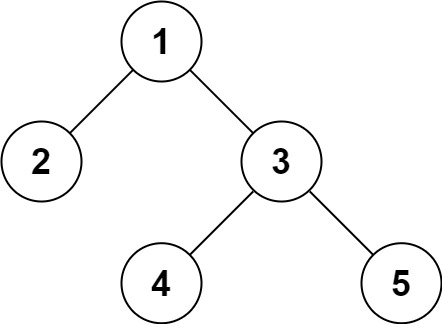g0201_0300.s0297_serialize_and_deserialize_binary_tree.readme.md Maven / Gradle / Ivy
Go to download
Show more of this group Show more artifacts with this name
Show all versions of leetcode-in-kotlin Show documentation
Show all versions of leetcode-in-kotlin Show documentation
Kotlin-based LeetCode algorithm problem solutions, regularly updated
297\. Serialize and Deserialize Binary Tree
Hard
Serialization is the process of converting a data structure or object into a sequence of bits so that it can be stored in a file or memory buffer, or transmitted across a network connection link to be reconstructed later in the same or another computer environment.
Design an algorithm to serialize and deserialize a binary tree. There is no restriction on how your serialization/deserialization algorithm should work. You just need to ensure that a binary tree can be serialized to a string and this string can be deserialized to the original tree structure.
**Clarification:** The input/output format is the same as [how LeetCode serializes a binary tree](https://support.leetcode.com/hc/en-us/articles/360011883654-What-does-1-null-2-3-mean-in-binary-tree-representation-). You do not necessarily need to follow this format, so please be creative and come up with different approaches yourself.
**Example 1:**

**Input:** root = [1,2,3,null,null,4,5]
**Output:** [1,2,3,null,null,4,5]
**Example 2:**
**Input:** root = []
**Output:** []
**Constraints:**
* The number of nodes in the tree is in the range [0, 104].
* `-1000 <= Node.val <= 1000`